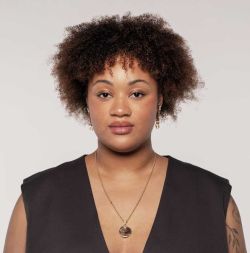
How can parents best prepare young people for a safer nightlife experience?
Although drug-related deaths are not the norm in a nightlife context, they continue to feed into the fear that many parents have around dance culture. Realistically, there are a range of other harms that young people are far more likely to experience when they socialise with friends on a Saturday night, but it is the use of illicit drugs that is likely to cause greater parental concern.
Historically there is a strong link between the use of MDMA and other drugs and nightlife. Many, but certainly not all, of those who attend music festivals, dance events and nightclubs do use a range of substances to 'enhance' their experience. At the very least, young people will encounter illicit drugs if they regularly attend such events.
If parents are concerned in this area and want to do their best to prepare and support their teenager when it comes to a safer nightlife experience, here are a few simple things that they can do:
- Let them know that you are happy to be part of a plan if something goes amiss. They need to know that you want to be that parent that gets called if they need help in any way. If anything goes wrong with them or their friends, you want them to know that you will be there for them, anytime, anywhere - no questions asked!
- Discuss what to do in an emergency. Basic first aid skills, as well as letting them know that you will always support their decision to call for an ambulance, may help save a life.
- Take a moment to sit down with your child and talk through the concerns you have in this area, whatever they may be. Then once you've finished, simply ask them "Tell me why I shouldn't be worried". This provides them the opportunity to let you know how they intend to deal with the potential problems that have been raised.
What many parents discover during conversations like this is that we have a generation of young people to be proud of, with many of them doing their very best to look after themselves and their friends. Many will make mistakes and find themselves in trouble, but few want to hurt themselves or others when they're out on a Saturday night with most trying their best to reduce the risk of something going wrong the best way they can.
Paul Dillon
Drug and Alcohol Research and Training Australia
CONFIRMED CONFERENCE SPEAKERS

Paul Dillon

Owen Bowden-Jones

MICHAEL KILL

Mark A. Bellis

LAURA WILLOUGHBY





